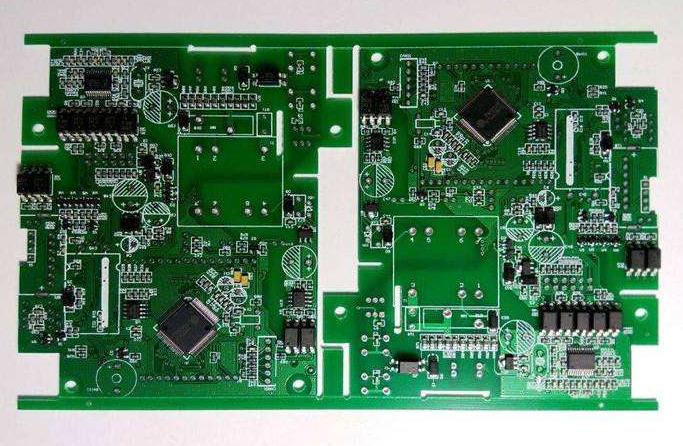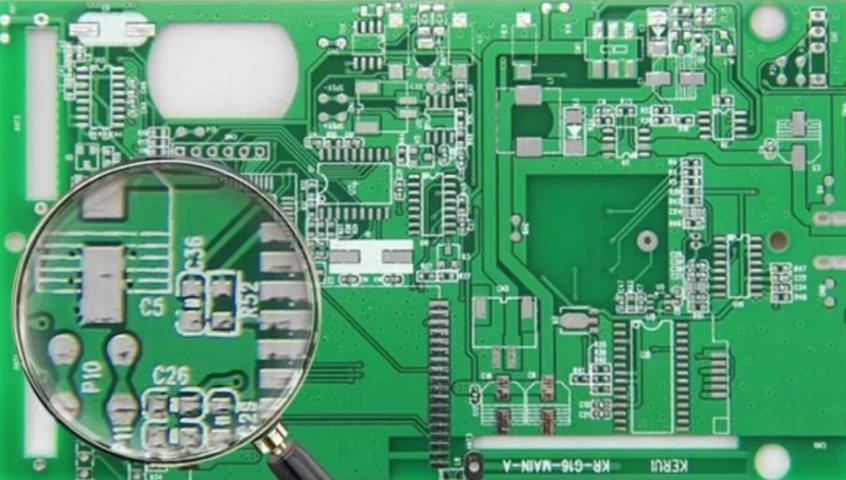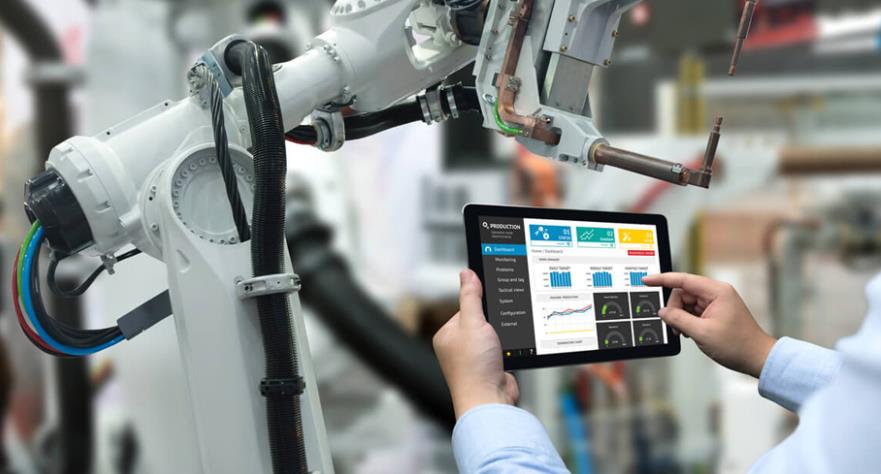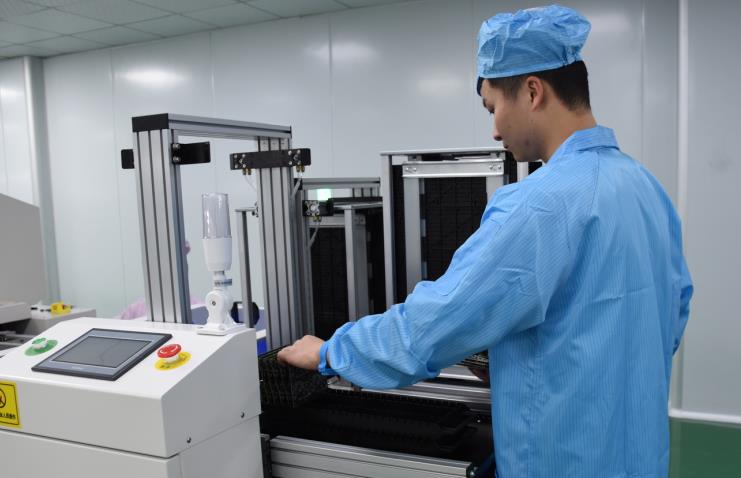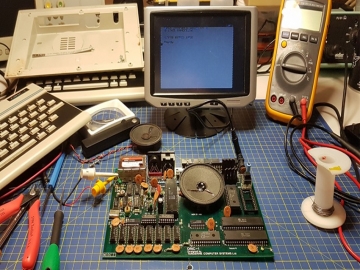What Are the Types of PCB? Advantages, Disadvantages, and Applications of Different PCB Types
PCB (Printed Circuit Board), as the support for electronic components and the provider of electrical connections, is an indispensable core component of electronic devices. With the rapid development of electronic technology, PCBs have evolved into various types to meet the needs of different application scenarios. This article will provide a detailed introduction to several common types of PCBs, analyze their advantages and disadvantages, and explore their application scenarios, helping you make more informed choices in product design.
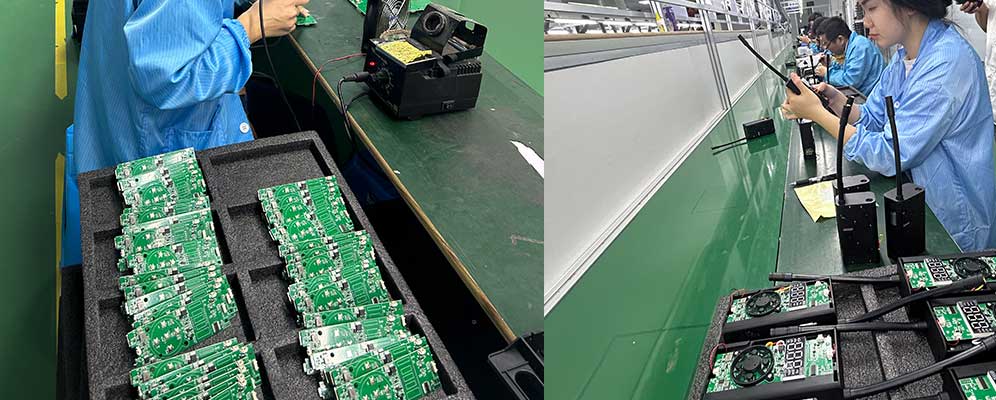
I. Classification by Layer Count
·Single-Sided PCB:
oAdvantages: Simple structure, low cost, easy to design and manufacture.
oDisadvantages: Low wiring density, difficult to implement complex circuits, poor electromagnetic compatibility.
oApplications: Simple electronic products, such as calculators, toys, LED lights, etc.
·Double-Sided PCB:
oAdvantages: Higher wiring density than single-sided PCBs, capable of implementing relatively complex circuits, and relatively low cost.
oDisadvantages: Still limited by wiring space, difficult to meet high-density wiring requirements.
oApplications: Household appliances, industrial control, automotive electronics, etc.
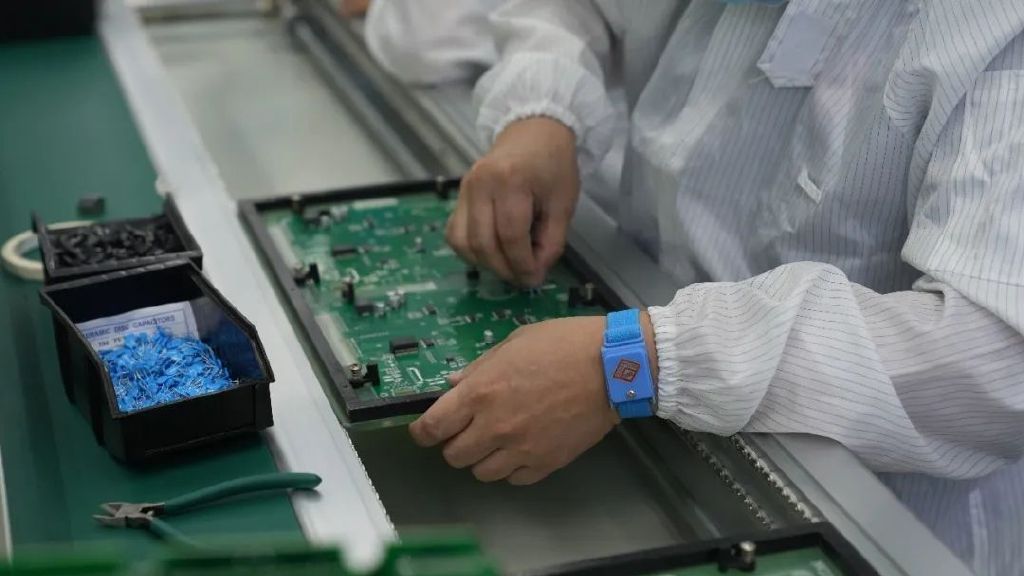
·Multi-Layer PCB:
oAdvantages: High wiring density, capable of implementing complex circuit designs, with good electromagnetic compatibility and signal integrity.
oDisadvantages: Complex design and manufacturing processes, higher cost.
oApplications: High-performance computers, communication equipment, medical devices, and other high-end electronic products.
II. Classification by Base Material
·Rigid PCB:
oAdvantages: High mechanical strength, good stability, easy to install and solder.
oDisadvantages: Cannot bend, difficult to adapt to special shape requirements.
oApplications: The vast majority of electronic devices, such as mobile phones, computers, TVs, etc.
·Flexible PCB:
oAdvantages: Can bend and fold, highly adaptable, saves space, and reduces weight.
oDisadvantages: Higher cost, complex design and manufacturing processes.
oApplications: Wearable devices, medical equipment, aerospace, etc.
·Rigid-Flex PCB:
oAdvantages: Combines the advantages of rigid and flexible PCBs, enabling more flexible designs.
oDisadvantages: Highest cost, most complex design and manufacturing processes.
oApplications: High-end electronic products, such as foldable smartphones, drones, etc.
oIII. Classification by Special Processes
·High-Frequency PCB: Uses special materials and processes, suitable for high-frequency signal transmission, such as radar, satellite communication, etc.
·HDI PCB: High-Density Interconnect PCB, using micro-vias, blind vias, and other processes to achieve higher wiring density, applied in high-end smartphones, tablets, etc.
·Metal Core PCB: Uses a metal base, providing excellent heat dissipation, suitable for high-power LEDs, power modules, etc.
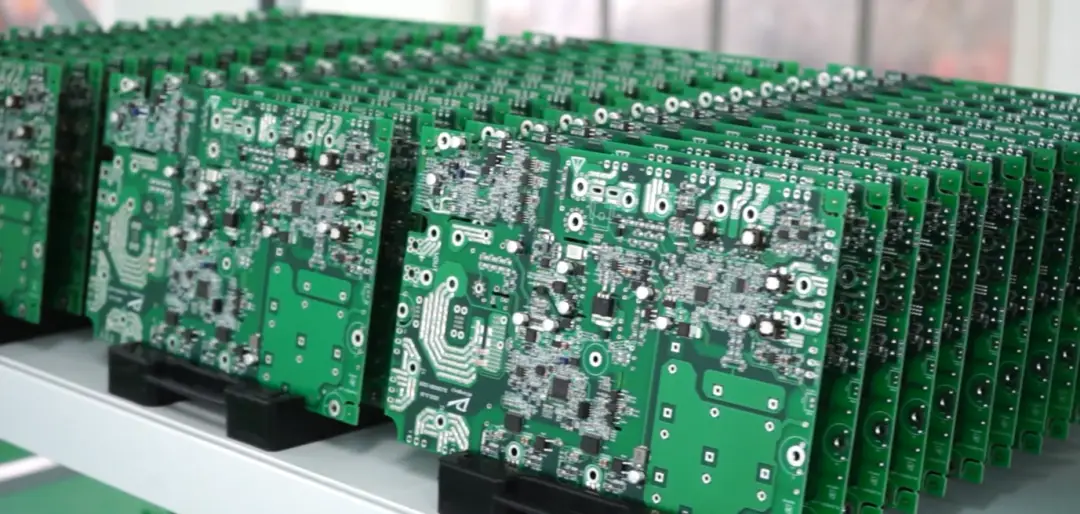
IV. How to Choose the Right PCB Type?
Selecting the right PCB type requires considering the following factors:
·Product Functional Requirements: Circuit complexity, signal frequency, power level, etc.
·Budget: Costs vary significantly among different PCB types.
·Product Size and Shape: Whether bending, folding, or other special shapes are required.
·Production Cycle: Different PCB types have different production cycles.
V. Conclusion
As the core component of electronic products, the choice of PCB directly affects the performance, cost, and reliability of the product. We hope this article helps you better understand the characteristics of different PCB types and provides a reference for your product design.
Choosing a high-quality PCB supplier is crucial. Our company has years of experience in PCB production and can provide professional design, manufacturing, and after-sales services tailored to your needs, ensuring the success of your product!
Tags: PCBA /
Prev: The Same Quality PCBA, but the Price of Others is Lower than Yours. What's Your Opinion?
Next: PCBA Processing, Do You Really Understand It? – A Practical Article to Answer All Your Questions


